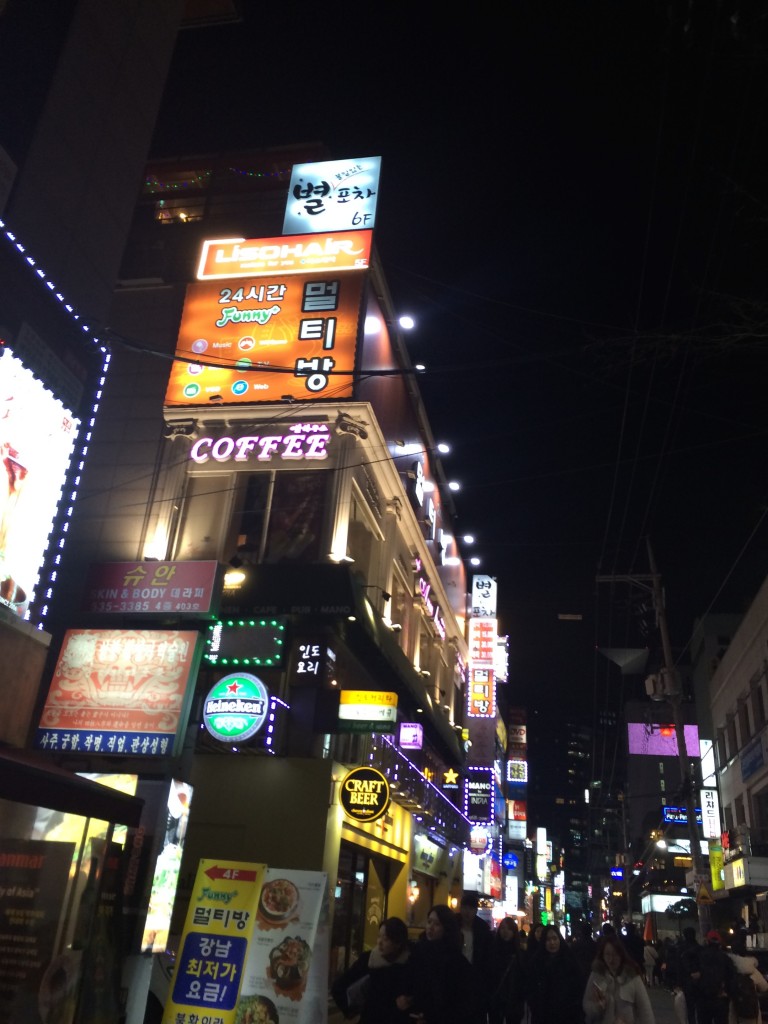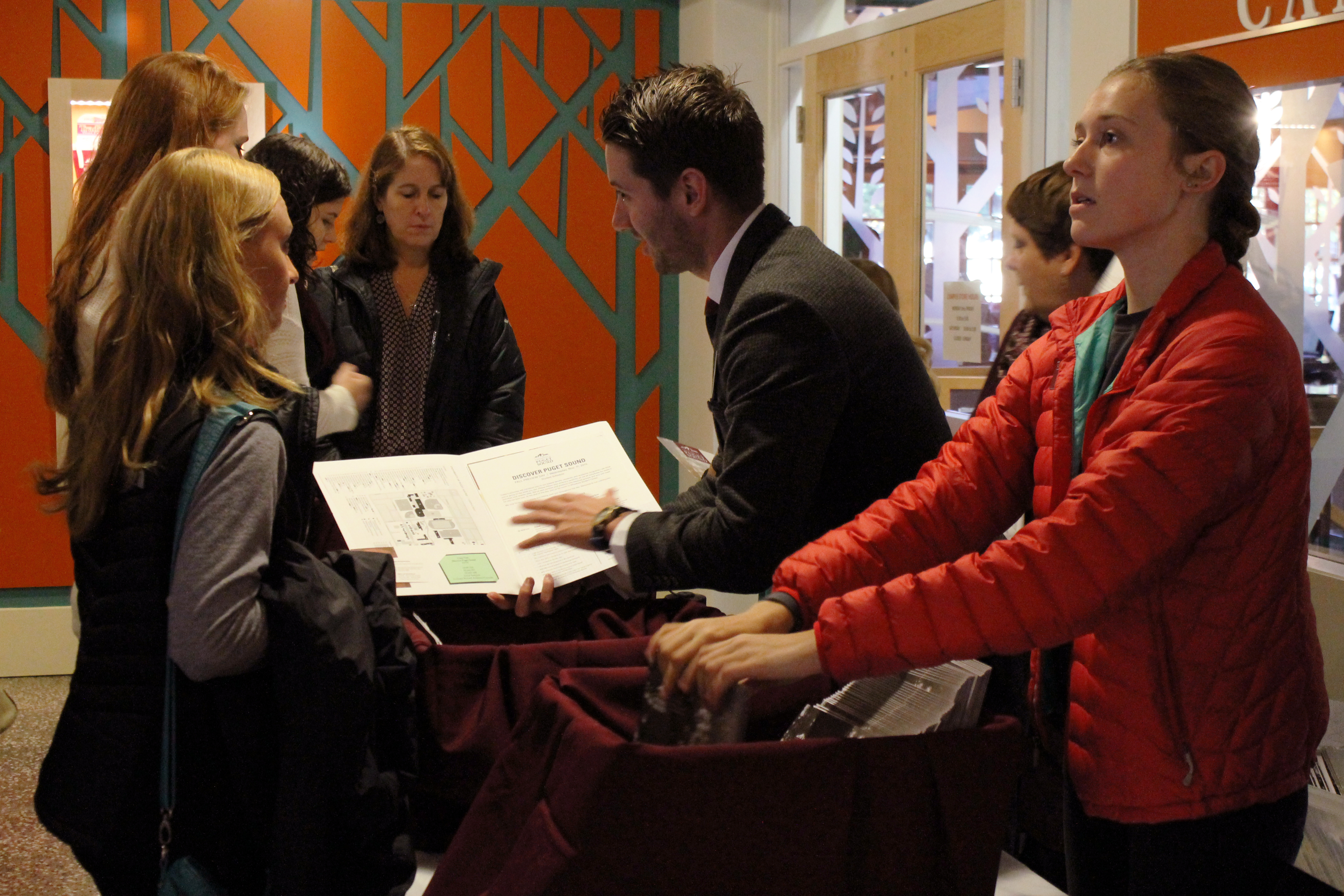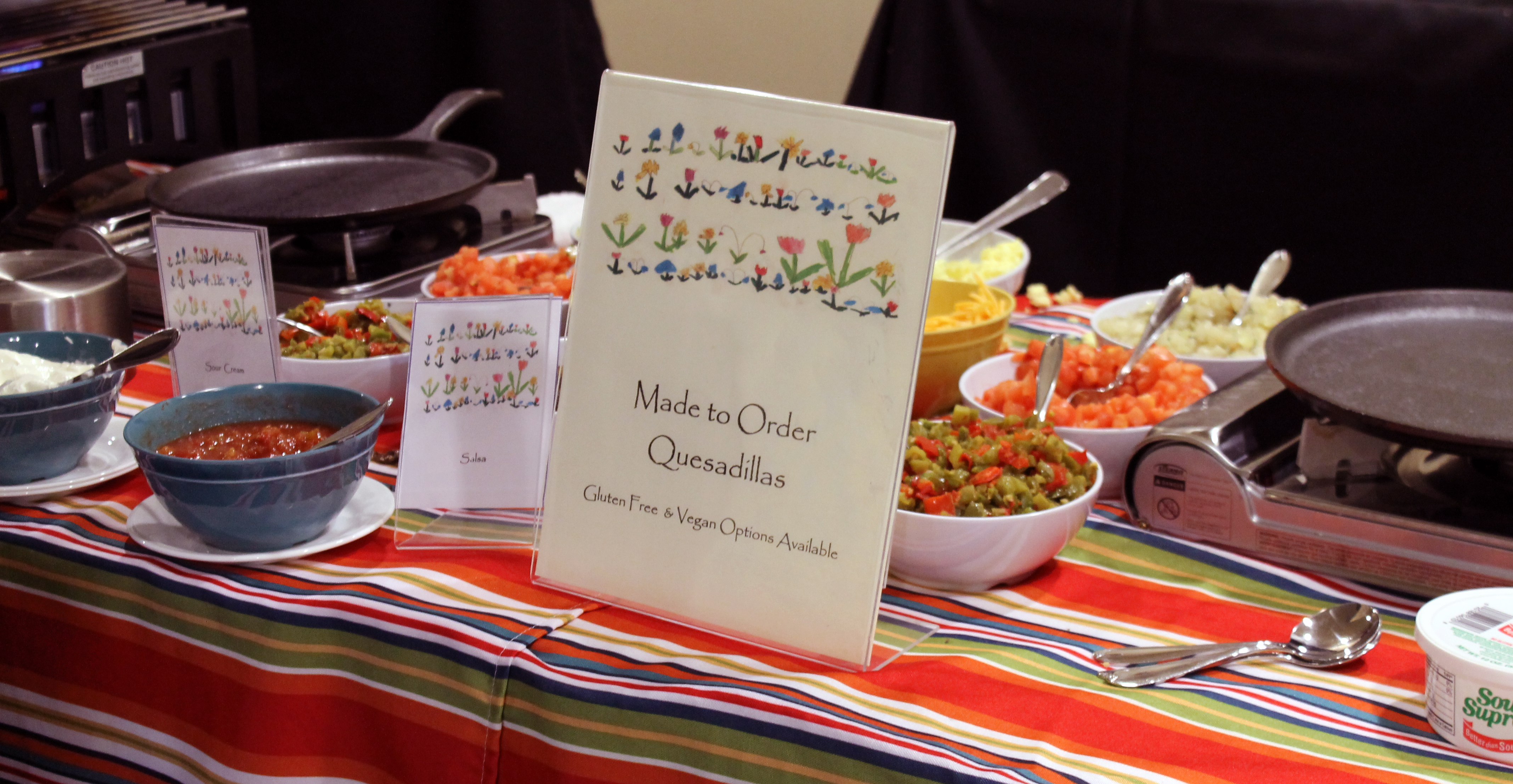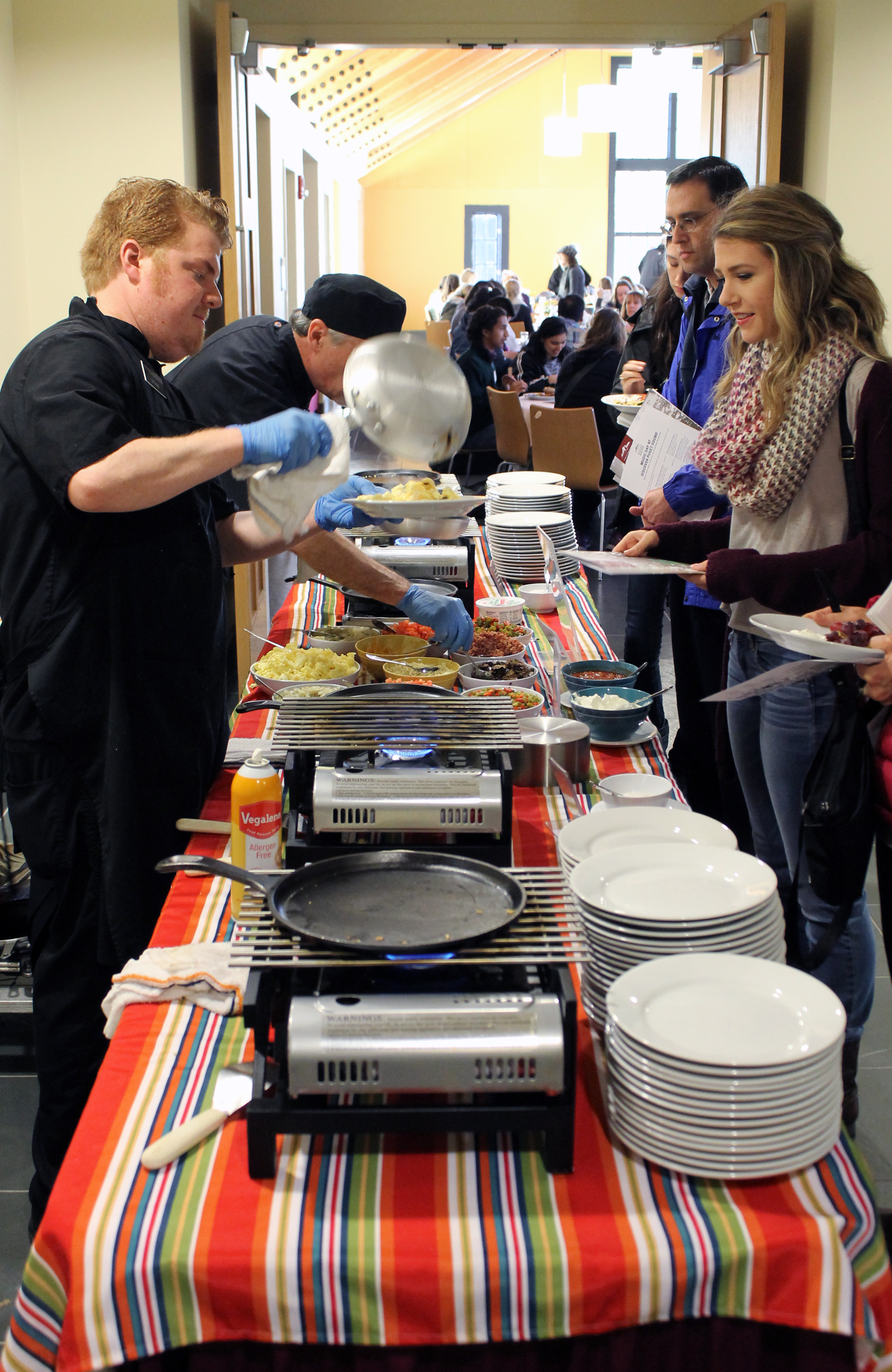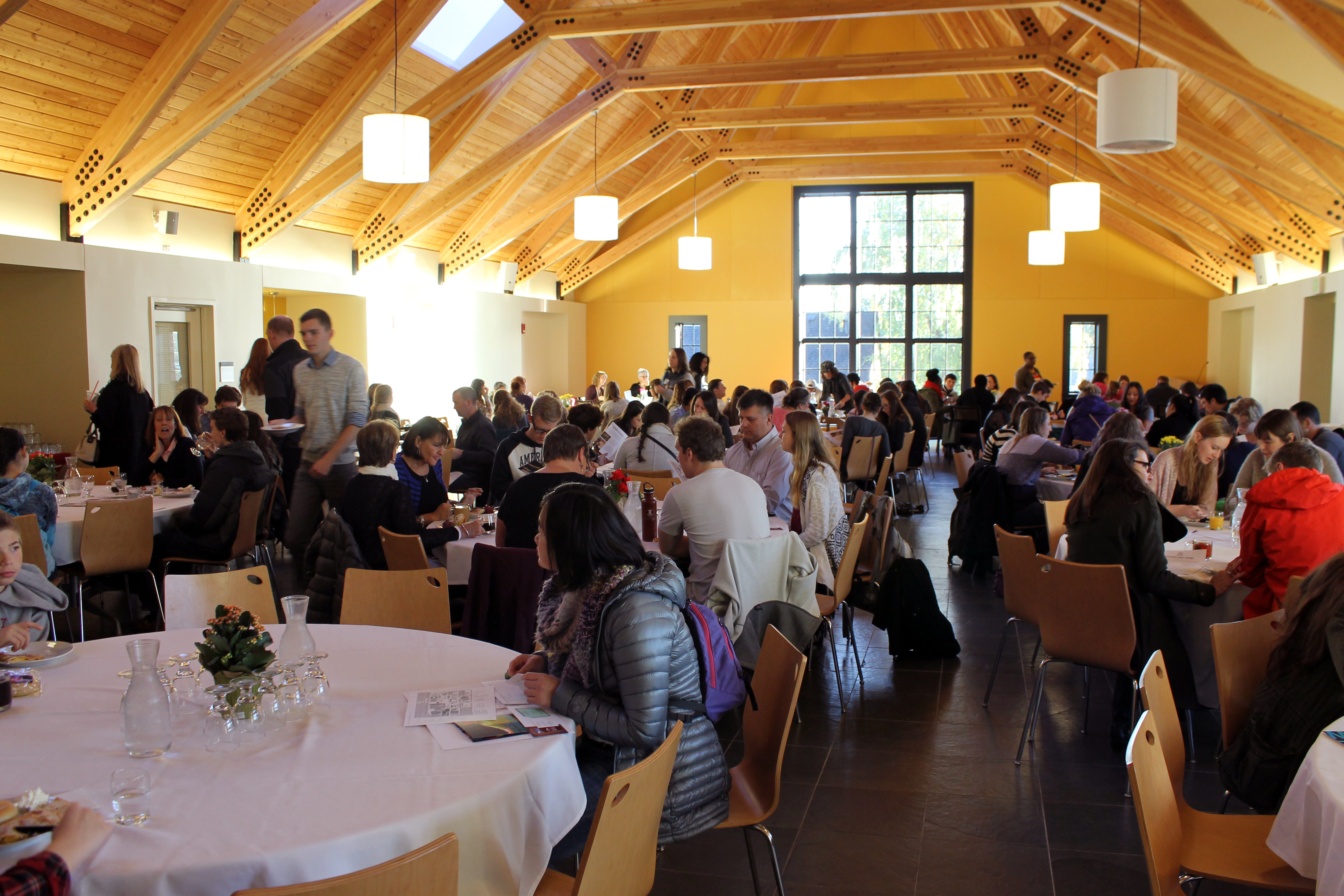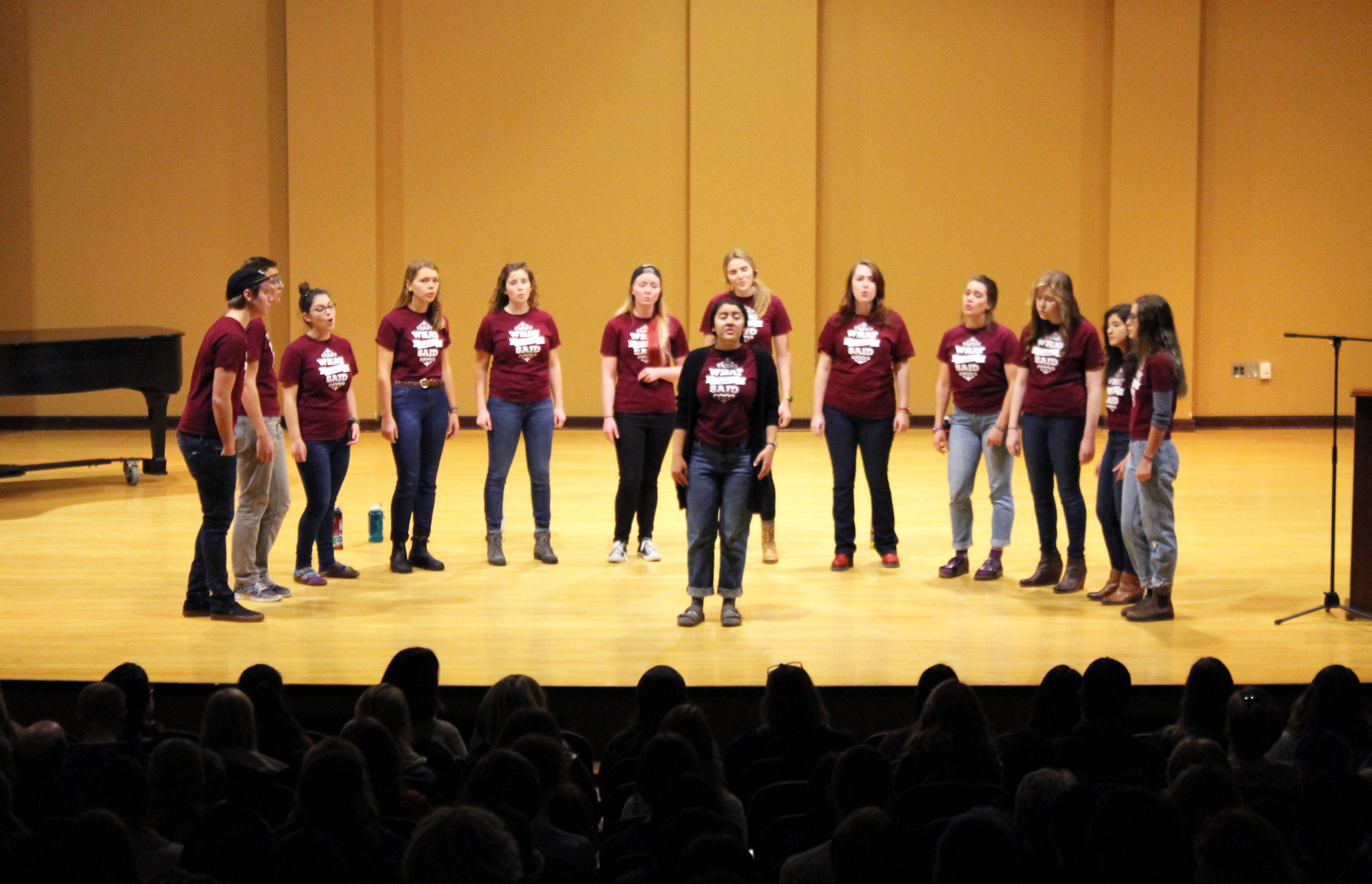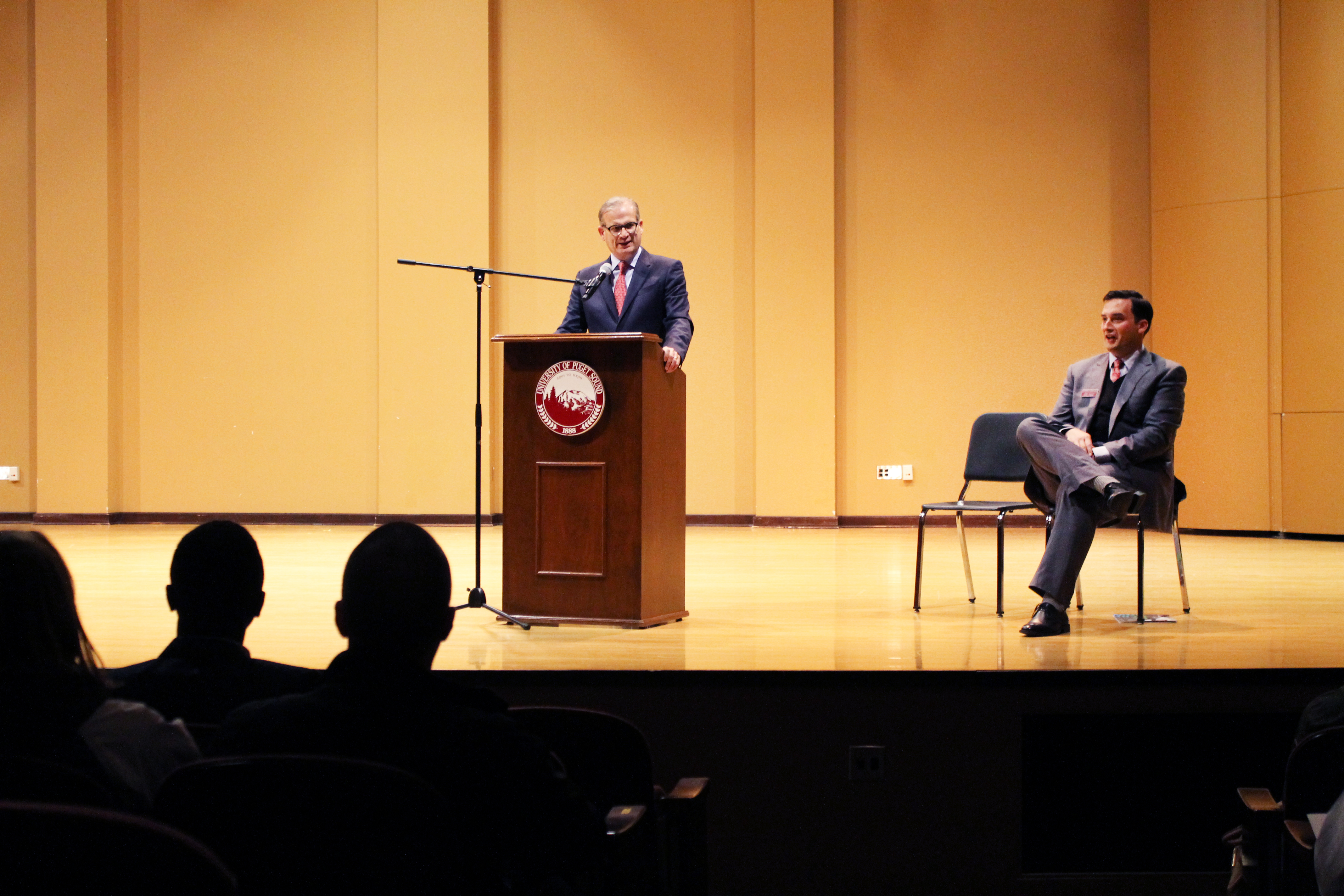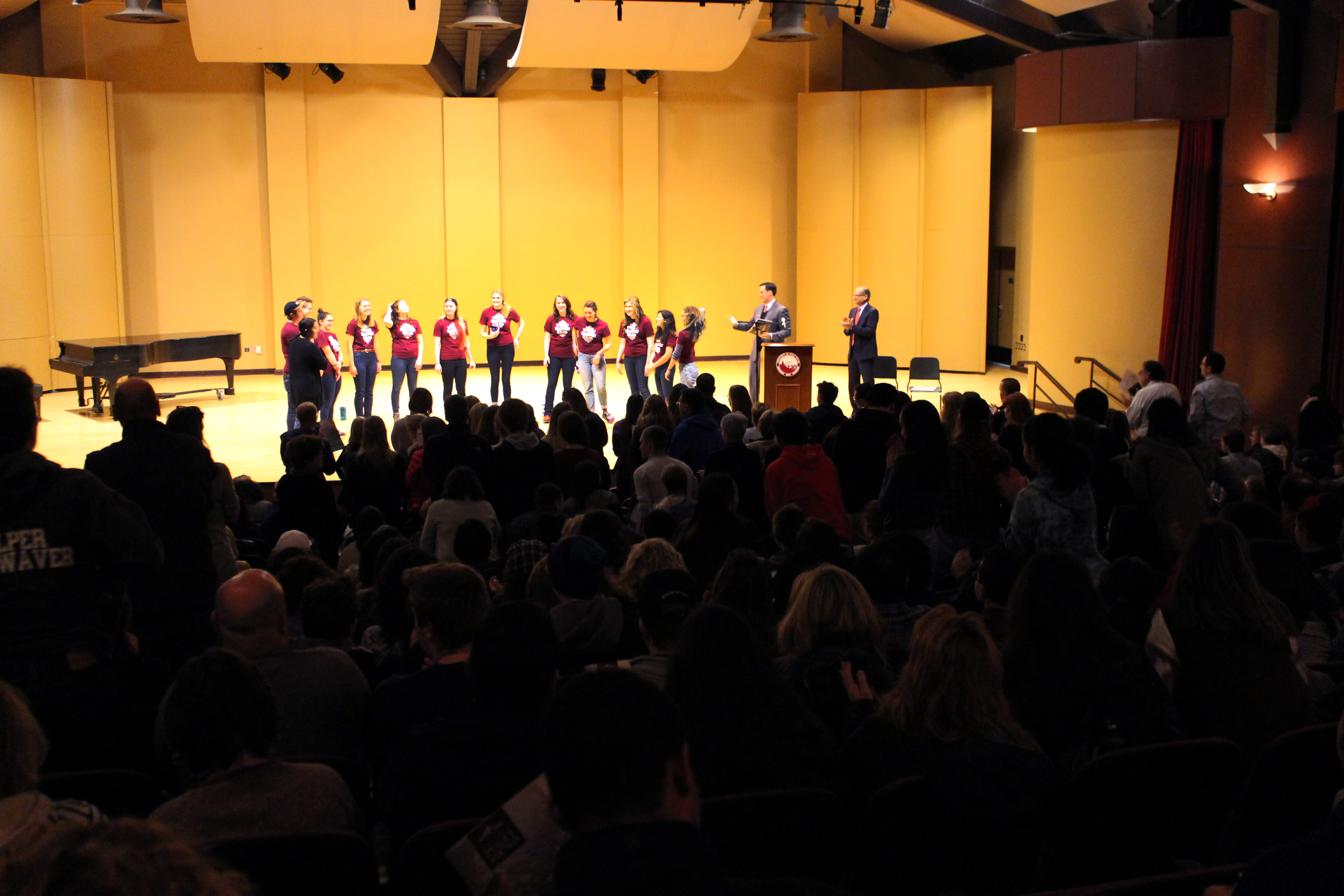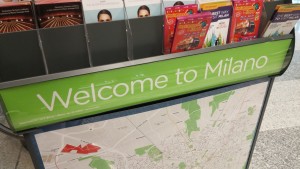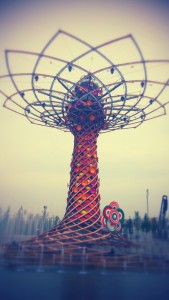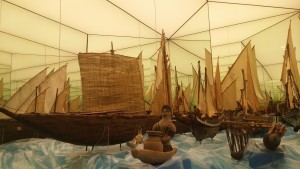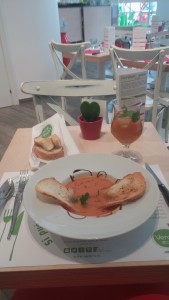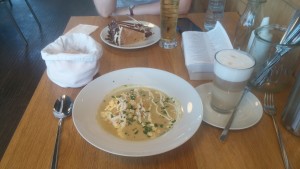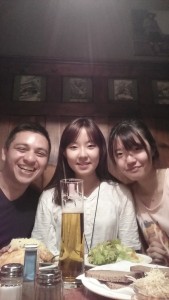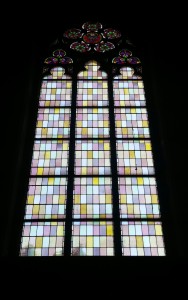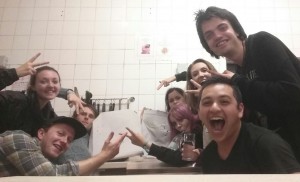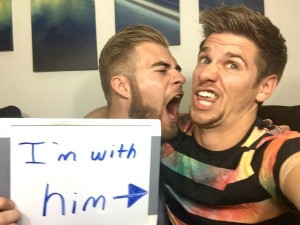These are the top ten books I want to read in 2016, ranked based on priority.
- Cloud Atlas, David Mitchell
- I need to break into the David Mitchell bubble, and why not start with his most well-known work? Besides, I already have this book on my shelf, and it’s been waiting to be read for some time now.
- The Vorhh, Brian Catling
- Another book I already own (I didn’t get around to it this break). I’m fascinated by the premise of this novel, which, as I understand it, follows a cast of characters as they converge and diverge in a mystical forest that may or may not contain the Garden of Eden. Exciting, fantastical stuff.
- The Royal Family, William T. Vollman
- Based on the intensity with which a few recommenders recommended this book to me, I’ll read The Royal Family as the inaugural book this summer.
- Fear and Trembling, Søren Kierkegaard
- This one comes recommended by a friend, who read it over winter break. An early modern interpretation of Christianity and the nature of faith by the father of existentialism.
- The Book of Night Women, Marlon James
- Recommended to me by a professor. Marlon James also won the 2015 Man Booker Prize for A Brief History of Seven Killings, which is, of course, a sure, if not certain, stamp of approval.
- Infinite Jest, David Foster Wallace
- Infinite Jest has been on my radar for some time now, and having recently watched The End of the Tour, I’ve decided I can’t ignore it for much longer. I’ll aim to read this over summer, which I think is the best time to read such a capacious novel.
- Fifth Business, Robertson Davies
- Another book recommended by a friend, I’m actually being forced into reading this one. I’ve read positive reviews of it, however, which is promising.
- Underworld, Don DeLillo
- A professor recommended Underworld to me based on my predilection for Roberto Bolaño. I’ve dipped my toes into DeLillo waters with Falling Man and Point Omega, though these are post-Underworld DeLillo works, which I’m told are not the same. It’ll be thrilling to read three massive tomes by Vollman, Wallace, and DeLillo over summer.
- Blood Meridian, Cormac McCarthy
- I’ve been told so many things about this book—that it’s violent, unnerving, and comparable to Herman Melville’s Moby-Dick and Dante Alighieri’s Inferno—that I can’t put it off for another year.
- The People in the Trees, Hanya Yanagihara
- Yanagihara’s first novel. Though I don’t expect The People in the Trees to equal A Little Life, I do hope to be moved the same by Yanagihara’s storytelling and characterization in a more condensed form. It would also be nice to get a grasp on Yanagihara’s oeuvre before it gets larger.


